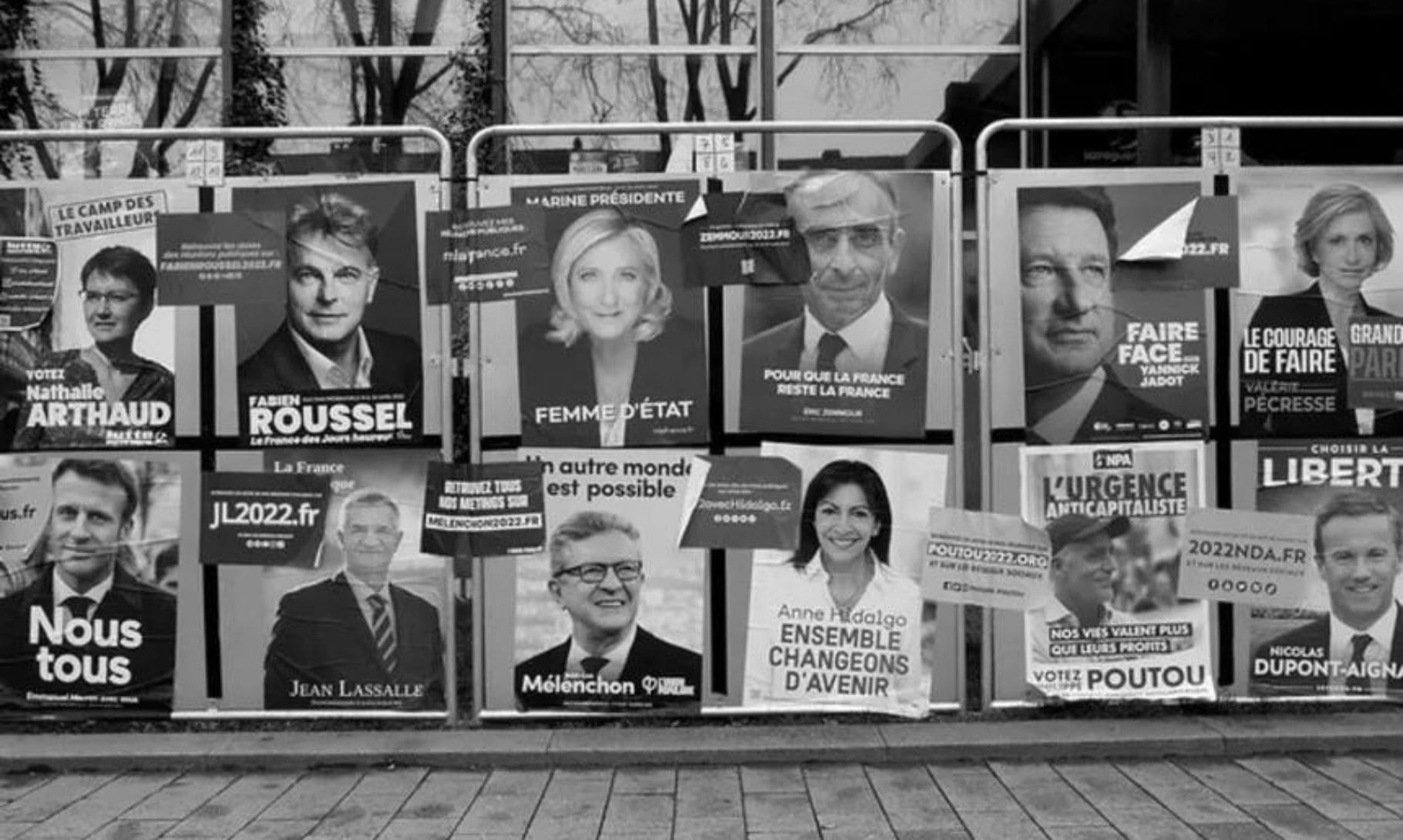In the recent French legislative elections held on 30 June and 7 July, no party won enough seats to control the National Assembly, creating a hung parliament. This is unusual for France, where one party typically leads the government.
The elections showed a broad group of left-leaning parties winning the most seats, keeping the far-right from gaining much influence. President Macron’s centrist group came second, while the far-right finished third, with strong support but not enough for a leading position.
Without a clear winner among the parties, France is in a new political situation. Macron must now build a government that can handle France’s diverse political views. His plans for reforms and social programs may struggle without solid support from parliament.
Macron will now negotiate with left-wing parties to form a coalition government, a less common practice in French politics. This could help him gain enough support in parliament to govern effectively. However, divisions among leftist groups on issues like international conflicts and the economy make this challenging. Another option for Macron is to appoint a technocratic government focused on daily administration, which could operate without a parliamentary majority.
This temporary solution could offer stability as negotiations unfold, particularly with France preparing for the Paris Olympics and dealing with ongoing domestic and global issues. The National Assembly’s role as France’s main law-making body is crucial during this period.
Parliament must approve any new government or major policies, which adds complexity to the current political situation. Internationally, Macron holds significant authority over foreign policy, European matters, defense, and commands France’s armed forces. These areas stay under his control regardless of the makeup of parliament, ensuring France’s foreign engagements continue smoothly amid internal political uncertainties.
France faces a time of political uncertainty, needing careful negotiations and compromises among various political groups. The results will influence Macron’s ability to pursue his plans and manage France’s global position in the years ahead.







